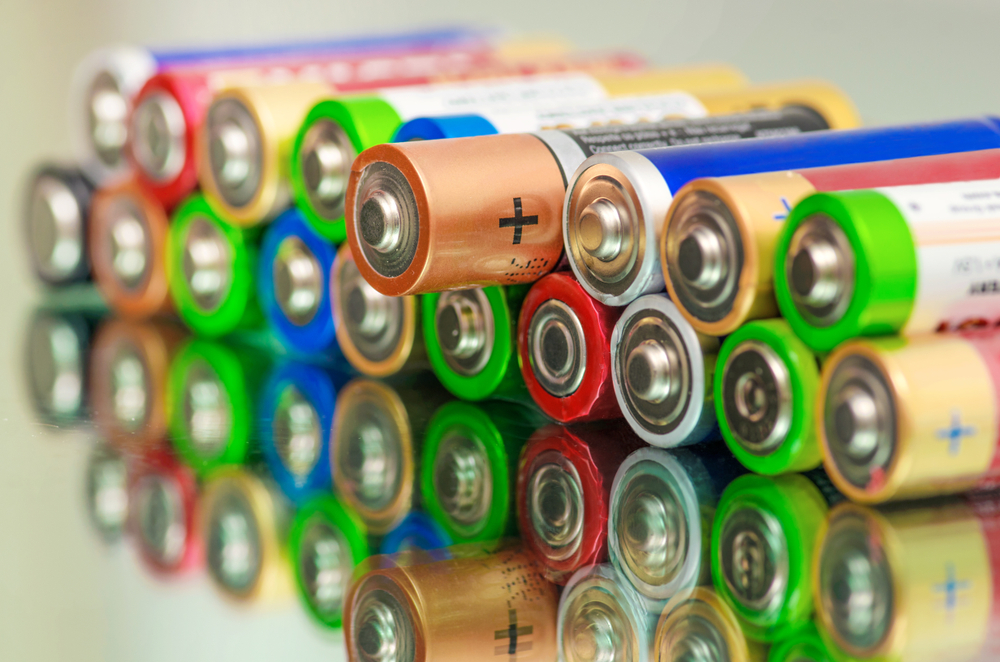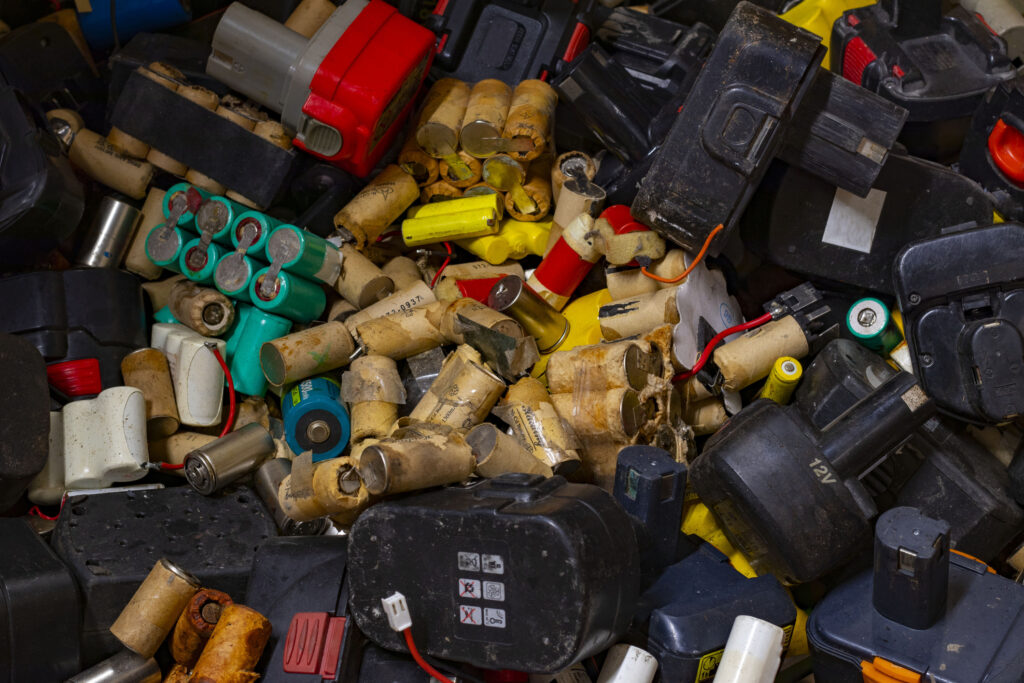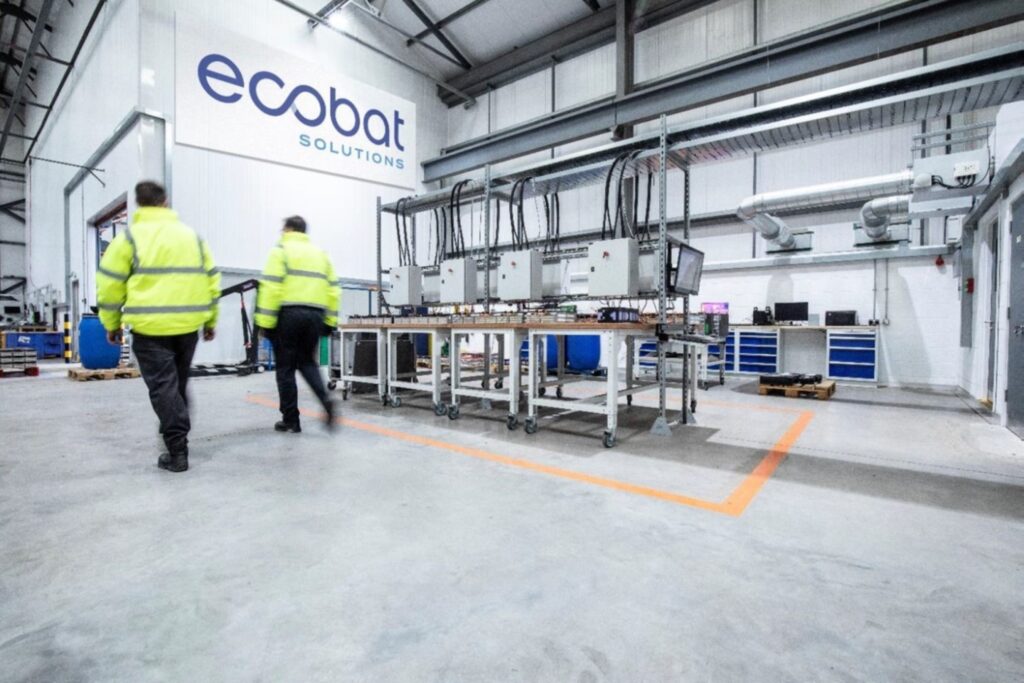The company has called for specific targets for the various battery types, which it said would encourage the separation and recycling of all batteries including lithium-ion, resulting in improved collection rates and higher safety standards.
The warning arrives ahead of an upcoming consultation from Defra — the Department for the Environment Food and Rural Affairs — on the UK Battery Strategy which will likely feature recycling targets, as well as supporting economic growth.
Under the existing regulations, battery producers must obtain evidence for the recycling of batteries which helps fund the recycling infrastructure, with a target of 45%.
S Norton highlighted that as lead-acid batteries are easy to recycle and have inherent material value, they form the vast majority of the 45% that are recycled, accounting for over 70% of recycling. This is despite the fact that they represent only 3% of portable batteries placed on the market.
This has been a long-standing issue in the sector (see letsrecycle.com story).
Richard McKinley, head of technical development at S. Norton Group, said: “Current UK regulations include targets which are not robust enough. They do not specify how the target is achieved, leading to a focus on recycling lead-acid batteries, rather than the more problematic lithium-ion batteries.
“There is no incentive to recycle highly flammable lithium-ion batteries and there are very few outlets for them. This means there is not enough focus on systematically removing, collecting and recycling batteries from items such as waste electricals and the batteries can find their way into other waste streams, creating a high risk of fires across the recycling industry.”

Fires
S Norton pointed to findings from the Environmental Services Association (ESA), which showed that lithium-ion batteries are responsible for around 50% of all waste fires occurring in the UK each year, as a result of being hidden in the waste stream.
In addition to this, valuable materials such as lithium and cobalt in the batteries are not recovered, doing nothing to aid our transition to the circular economy, the company added.
The company said: “Setting specific targets for the various battery types would encourage the separation and recycling of all batteries including lithium-ion, resulting in improved collection rates and higher safety standards.
“The funds from the compliance scheme could be used to develop the much-needed infrastructure and communication.”
we have invested heavily in measures to minimise the risk of incidents caused by lithium-ion battery fires
- Tony Hayer, S Norton
Investment
Tony Hayer, managing director of S. Norton Group, added: “At S. Norton Group, we have invested heavily in measures to minimise the risk of incidents caused by lithium-ion battery fires. We manually sort through every load of waste before it is accepted across our sites, we work closely with the fire service to make sure our fire procedures are the best they can be and we install the best-in-class fire-fighting equipment as we continue to invest in our sites.
“However, tougher regulation is needed to force change in the industry and the supply chain, to ensure that batteries are separated, collected and disposed of correctly. If this 45% recycling target is applied to each battery category, it will lead to a tightening of the manufacturer compliance schemes that will help to keep lithium-ion batteries out of the waste stream and ultimately result in a safer environment for all.”











Subscribe for free